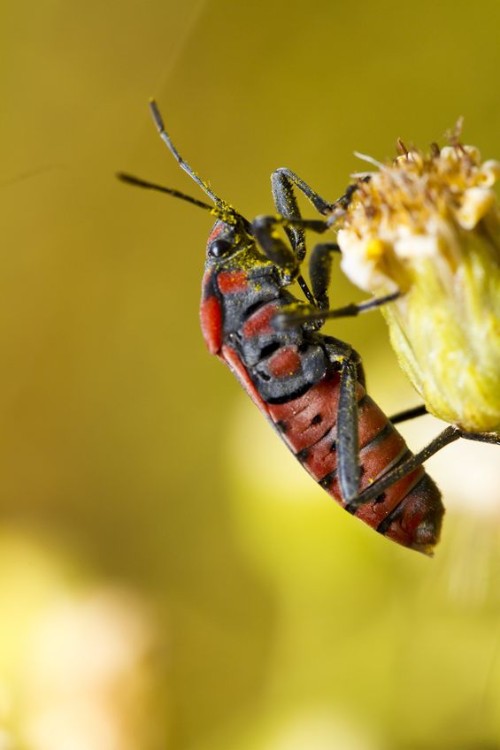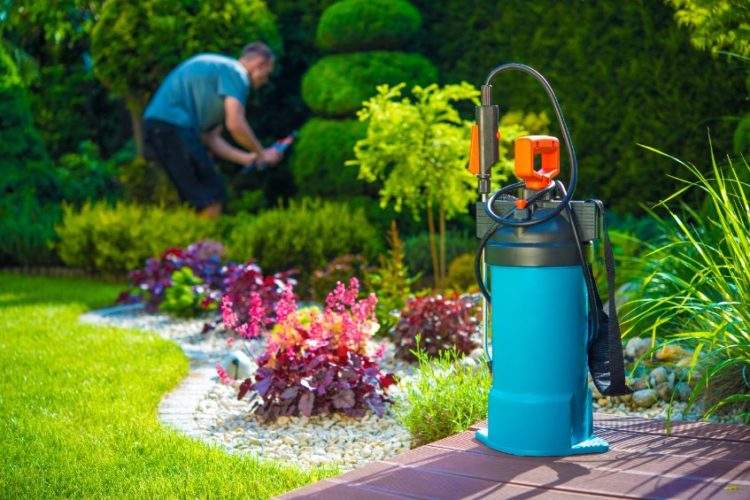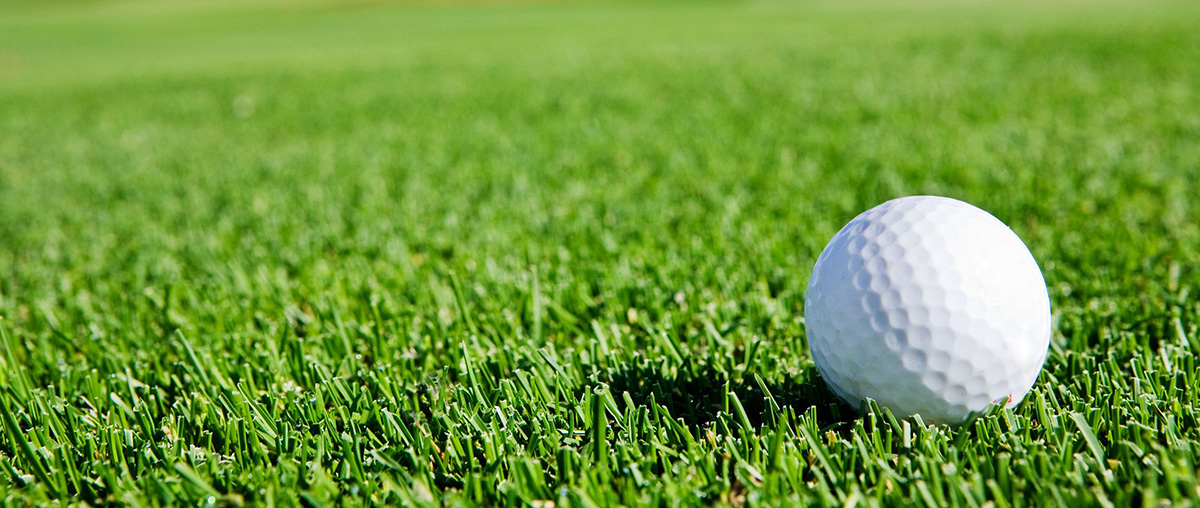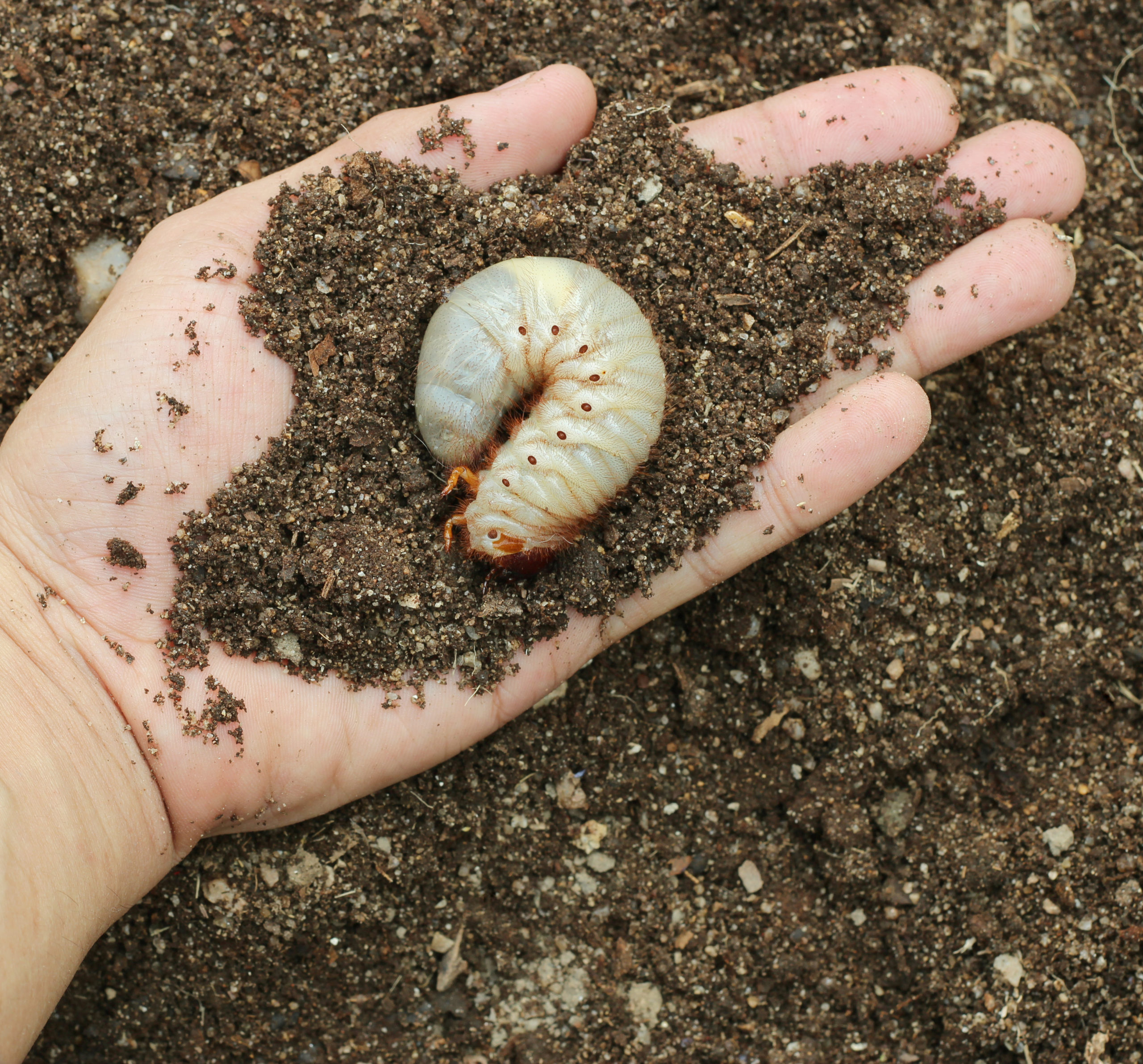This blog post will give you tips and strategies how to control pests on your lawn. Maintaining a beautiful, healthy lawn can be a challenge, especially when pests are involved.
From grubs and chinch bugs to moles and voles, there are a variety of pests that can cause damage to your lawn and plants. Fortunately, there are several strategies you can use to control pests and keep your lawn healthy and beautiful.
How to get rid of turf insects
Below you will find the main steps involved in treating for pests that have invaded your lawn:
- Identify the pest
- Try natural methods
- Apply pesticides
- Maintain your lawn
Identify the Pest
The first step in pest control on your lawn is to identify the pest causing the damage. Different pests require different treatments, so it is important to know what you are dealing with. Some common lawn pests include:
Grubs: These are the larvae of beetles and can cause significant damage to your lawn by feeding on the roots of your grass.
Chinch bugs: These small insects feed on the sap of your grass, causing it to turn yellow and die.
Moles and voles: These burrowing rodents can uproot your grass and cause damage to your lawn.

Try Natural Methods
Many people don’t like using synthetic pesticides because of the toxic runoff and potential damage to turf and other nearby plants. Even when you choose organic, it doesn’t mean those products are chemical free. It means that the chemical occurs naturally in our environment.
One of the best ways to control pests on your lawn is to use natural methods. For example, try encourage natural predators, such as birds and beneficial insects, to help control pests. You can also use natural pest control products, such as neem oil, which is a natural insecticide that is safe for the environment and your lawn.
Use Pesticides
Although pesticides are composed of products that are not 100% environmentally friendly, this is the quickest and most effective way to remove pests from your lawn.
Once the pest has been properly identified, choose a pesticide that is specifically designed to eradicate that pest. Be sure to follow the instructions carefully and apply the pesticide only as directed.
Another important fact to keep in mind is that there are different times of year to treat for different types of pests. For example, treat for grubs in late summer through early fall.
Chinch bugs on the other hand, may be treated all summer. If you have repeatedly have chinch bugs invade, start treating in late spring.
For moles and voles, applying pesticides will need to be done in spring and fall.

Keep Up Your Lawn
Finally, one of the best ways to prevent pests on your lawn is simply basic lawn maintenance. This includes regular watering, fertilizing, and mowing.
A healthy, dense lawn has natural defenses that fight against pests. Lawn pests especially like to hide in long turf grasses. This means make sure you cut your grass to the recommended length.
Contact us today to get on our lawn mowing schedule. Our lawn maintenance service page has more details.
Additional Tips and Strategies
Here are some additional tips and strategies to help you control pests on your lawn:
- Keep your lawn well-drained to prevent standing water, which attracts pests.
- Remove any dead or diseased plants from your lawn, as these attract pests.
- Avoid over-fertilizing your lawn, as this also attracts pests.
- Consider using a physical barrier, such as netting or fencing, to keep pests out of your lawn.
- Consult with a professional lawn care company if you need help controlling pests on your lawn.
Often times, homeowners decide to just start fresh and install new sod. We look forward to helping with any sod installation needs you have.
Have you been wanting to put in a relaxing pond? Worried about the increase of mosquitoes? Check out this pdf titled, “How to Have a Mosquito Free Pond.”
Final Thoughts
In conclusion, pest control on your lawn is an important part of maintaining a healthy and beautiful lawn. By identifying the pest, using natural methods, applying pesticides when necessary, and maintaining your lawn properly, you will keep pests at bay and enjoy a lush, green lawn.
If you need help controlling pests on your lawn, consider consulting with us, as we will provide expert advice and treatment options. With the right strategies and care, you will keep your lawn pest-free and thriving for years to come.


Lawn pests really can undo weeks of effort overnight! Have you found organic pest control methods that work just as well as chemical ones?